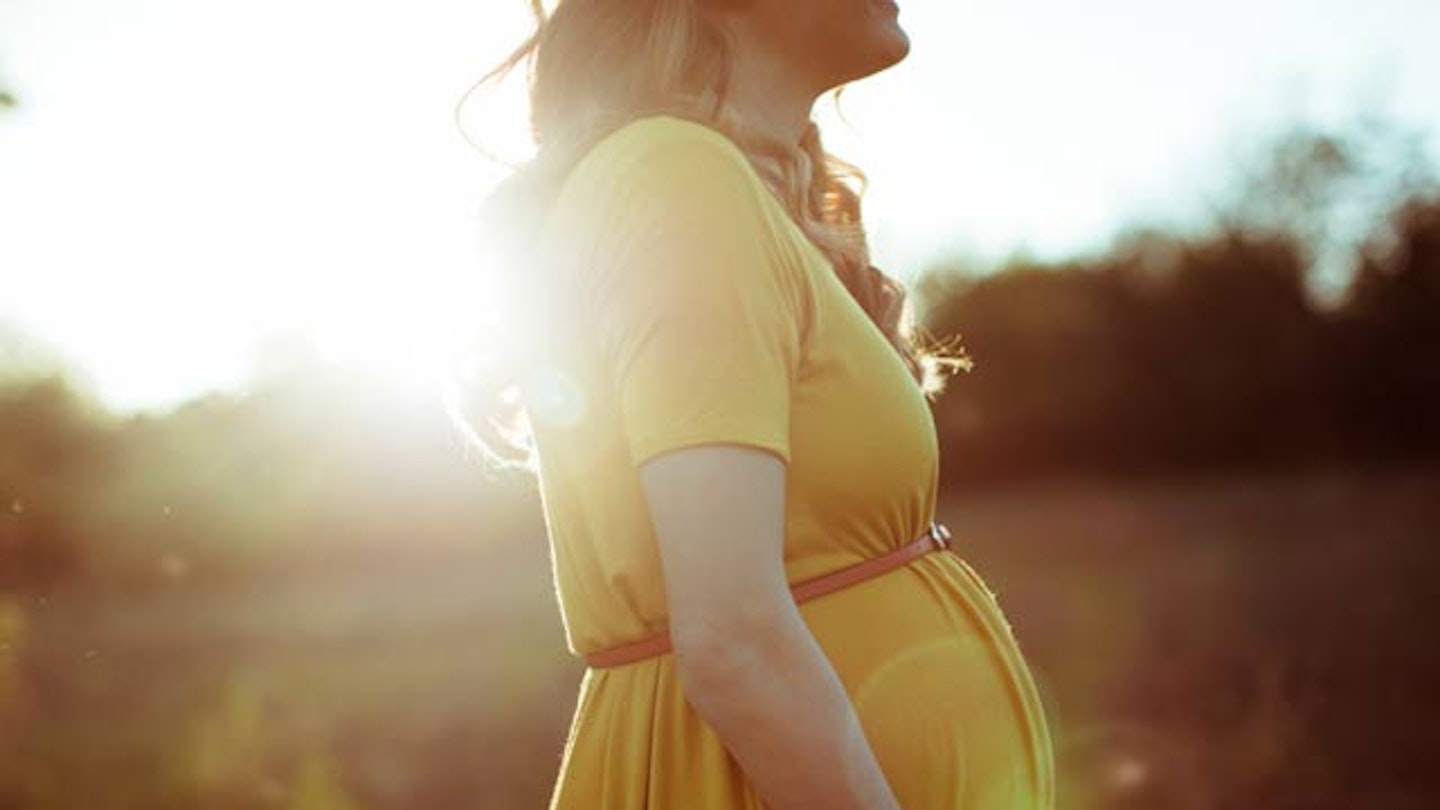Egg freezing, or cryopreservation, is a fertility treatment used to collect, preserve and store a woman's eggs, so they can be used to make a baby later on in her life. It was originally developed for women with certain medical conditions, or who are undergoing particular treatments (such as chemotherapy), which can damage your natural fertility. By freezing their eggs before treatment, patients have the opportunity to try for a family once they've fully recovered from their condition.
These days, 'elective' or 'social' egg freezing is also increasingly used for lifestyle reasons, if a woman isn't ready to have children straight away but wants to keep her fertility options open for the future. Fertility naturally begins to decline around the age of 35, so having your eggs frozen while you're young means they're better quality and could help prolong your fertility if you plan on starting your family at a slightly older age.
What does egg freezing do?
The process itself is quite similar to IVF. The first stage involves taking fertility drugs, injected into the skin, which stimulate your ovaries into producing more eggs. "This is monitored by ultrasound scans and blood tests until the eggs are mature, after about 14 days," explains Dr Melanie Davies, Consultant Gynaecologist at University College London Hospitals, speaking on behalf of the British Fertility Society.
"When you are about to ovulate, the eggs are extracted using a needle passed through the skin in the vagina into the ovary on each side, guided by internal ultrasound scanning. It's not a big procedure, and it's done as a day-case under sedation," she adds.
Your eggs (usually around 15 of them) are then frozen and can be stored in the laboratory for up to ten years – or, in some cases, up to 55 years. When you're ready to try for a baby, the eggs are thawed and fertilised by your partner's (or a donor's) sperm, using another fertility technique known as intracytoplasmic sperm injection (ICSI). This process creates embryos, which can then be transferred to your womb.
How does egg freezing actually work?
Once they've been extracted from your ovaries, a cryoprotectant (freezing solution) is added to protect the eggs and they're frozen, either using slow-rate freezing or a faster freezing process known as vitrification.
Slow-rate freezing works by gradually removing water from the cells, replacing it with a 'cryoprotectant' to prevent any damage. Vitrification is a newer technique, which uses high levels of cyroprotectant and a much higher cooling rate to prevent ice crystals forming. Liquid nitrogen is then used to store the eggs at -196°C.
How much does egg freezing cost?
You'd typically be looking at costs of at least £3,000-£5,000 per egg freezing cycle, but this varies from clinic to clinic. There may also be extra fees to pay for the fertility drugs and for storage of the eggs.
Is egg freezing covered by insurance?
Egg freezing isn't covered by private health insurance. In some cases it may be available on the NHS, for example for cancer patients whose fertility will be damaged by treatment. Tech giants Apple and Facebook made headlines in 2014 by offering egg-freezing treatments as a job perk for female staff – but this isn't the norm for most employers!
When did egg freezing start?
The first frozen egg pregnancy was conceived in 1986 but, Dr Davies explains, "egg freezing was not very successful until vitrification was introduced about ten years ago, which improved success rates."
What is the success rate of egg freezing?
Despite this improved technology, there's still no guarantee that freezing your eggs will result in you having a baby. According to the Human Fertilisation and Embryology Authority (HFEA), only 60 babies have been born from frozen eggs since 2001 – but it's still difficult to exactly judge the success rate because only a small number of women have had the treatment.
As a general rule, Dr Davies says: "The chances will depend on your age and the number of eggs stored, but success rates are best for women storing eggs under 30, and certainly under 35."
Is egg freezing safe?
Egg freezing is generally fairly safe, but there are minimal risks associated with any treatment using stimulant drugs. Ovarian Hyperstimulation Syndrome (OHSS) is a potentially fatal reaction to the fertility drugs used, but occurs in a very small percentage of treatments. Symptoms include a swollen stomach and stomach pains, nausea and vomiting, and shortness of breath.
Is egg freezing painful?
Egg freezing shouldn't be painful, but there may be some discomfort. In the rare cases that OHSS occurs, however, this can be very painful.
Does egg freezing cause weight gain?
There's no evidence to suggest that egg freezing causes weight gain. "There might be transient side effects, such as bloating or breast tenderness, but this settles quickly," Dr Davies explains.
What is an egg freezing party?
We've all heard of Body Shop parties, Ann Summers parties, and even the more retro Tupperware parties, right? Egg freezing parties are a similar idea: fertility clinics host evenings for working women – often in posh hotels, with cocktails, canapés, and networking opportunities – to promote the use of egg freezing and provide chances for Q&A. It's currently more common in the US, where you'll find "Let's Chill" parties in cities like New York and Los Angeles.
READ MORE: Everything You Need To Know About Fertility Tests
READ MORE: IVF Treatment Could Be Restricted To Women Aged 30-35, Under New Plans
READ MORE: How Infertility Can Affect Your Friendships – And What To Do About It
